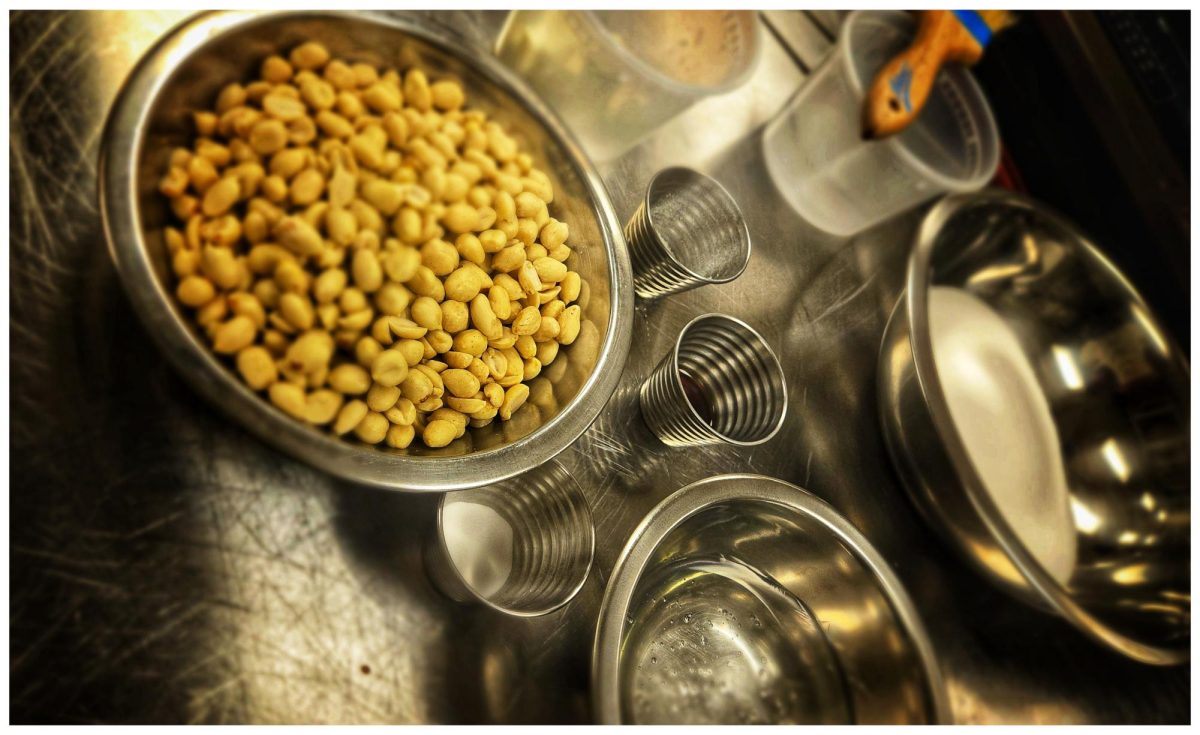Muslim Students at HCC Reflect on Best Fasting Practices as Ramadan Comes to a Close
This year, Muslims observing Ramadan began fasting on April 2 and will break their fast on May 1.
April 30, 2022
As the month of Ramadan comes to an end on May 1 and the celebration of Eid al-Fitr approaches, Muslims across the world are preparing to break their fast. So, what is Ramadan and why do people fast?
Ramadan is the ninth month of the Islam calendar but doesn’t have a set start and end date since it follows the cyclical moon calendar. This year, the holiday started on April 2 and will end on May 1. The month is centered on self-control and strengthening one’s relationship with God by reading from the Qur’an and fasting.
During the month, fasting takes place from dawn to dusk to practice self-restraint. The fast restricts people from consuming food and water. Suhoor is the meal eaten before dawn and Iftar is the meal eaten after dusk.
Everyone physically capable of fasting is required to, though pregnant women, the elderly or people suffering from mental illness do not have to fast. If someone has to break a fast because of illness, it can be made up with extra days of fasting.
Eid al-Fitr is the holiday that marks the end of Ramadan. Families get together and have a special communal prayer. Muslims wear traditional clothing and eat food like maamoul, bolani or tufahija.

But fasting isn’t unique to just Muslim individuals, as it is also practiced by Christians and Jews.
Christians who celebrate Lent must give something up for a month — most commonly sugar or chocolate — until Easter. Members of the Jewish religion observe Yom Kippur, which includes a 25-hour fast. After the time period, a prayer is said and people return back to regular eating.
While the nature of it varies among these holidays, fasting can make it challenging to maintain health and wellness as food intake is restricted.
I had the chance to speak with Muslim students at HCC to discuss how they navigate fasting day–to–day. Here are some health and wellness tips they offered fellow students who might fast for holidays like Ramadan, Lent or Yom Kippur.
Tip 1: Eat healthy meals before fasting
Students Maheen Gul, Ozair Hussain and Diyanah Musabbir all agreed that eating healthy is one of the most important things to do while fasting. For Suhoor, eating a healthy meal can help energize the body, get the proper nutrients and minerals and can help someone stay full longer throughout the day.
Foods high in fiber and protein — like dates, fruit, oatmeal and eggs — are very beneficial during this time. Also, Gul recommended drinking kahwa, a South Asian green tea, before bed to help the body digest food easier.
Tip 2: Drink lots of water before fasting
Spring is here, which means temperatures outside will climb. This can be hard during a time with a restricted water intake. Gul explained staying hydrated is another significant component when fasting because someone that is dehydrated could start to feel dizzy and less energetic. Hussain added that drinking lots of fluids is beneficial since it prepares your body for the next day’s fast.

Tip 3: Focus on reading prayers and practicing daily tasks
Ayesha Aziz, a second-year student at HCC, suggested focusing on completing all five daily prayers: Fajr, Duhr, Asr, Mahgrib and Isha.
Aziz also suggested reading a few pages of the Qur’an and then reflecting on it for about an hour each day. By doing this, you are distracting yourself from food and water by focusing more on your spiritual goals.
Aziz said that this, along with reading with her family, helps the day go by faster. Also, Aziz stated that those fasting should focus on their school assignments, self-care, preparing for Iftar, or spending time with friends and family, which all help the day go by faster, as well.
Tip 4: Embrace the fast and remind yourself why you’re doing it
Hussain recommended welcoming and embracing fasting. Being able to change your perspective of fasting from a burden to understanding why you’re doing it can make it more tolerable.
Like Hussain, Musabbir also believes that a helpful tip is to remind yourself why you’re fasting. Musabbir stated that self-control, gratitude and elevating spiritually are why people fast, and reminding yourself of that can help maintain a positive mindset and gain the benefits of fasting physically, mentally and spiritually.
Fasting can be very challenging, especially over the course of a month. Food is vital to support bodily function and satisfy cravings, so successfully fasting during Ramadan is a significant achievement. Hopefully, the tips offered by fellow HCC students will make fasting more enjoyable during Ramadan and other holidays that require fasting.







